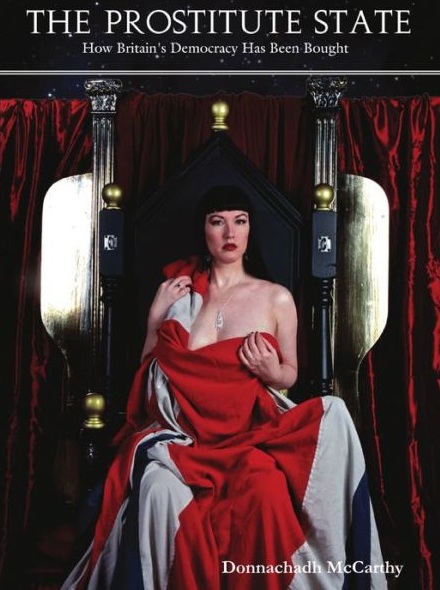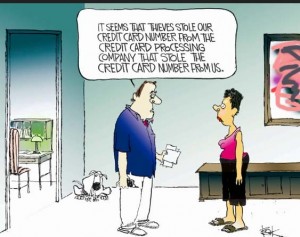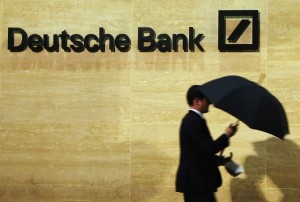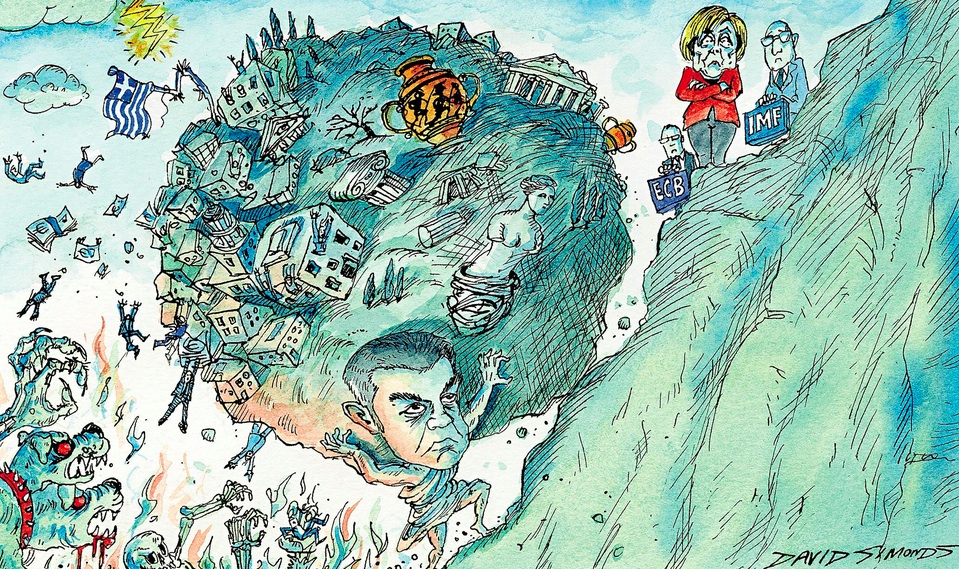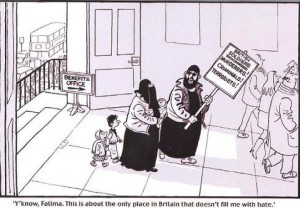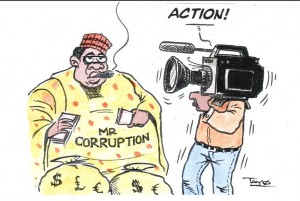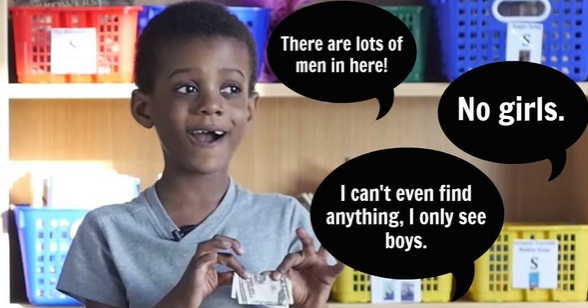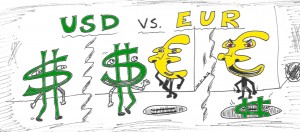Jeffrey Sachs: Of all of the investments needed to achieve sustainable development, none is more important than a quality education for every child. In a knowledge-based world economy, a good education is vital for finding decent work; achieving good health; building functioning communities; developing the skills to be a dependable parent; and growing up to be an engaged and responsible citizen.
Indeed, it is no surprise that the most brutish and violent groups in the world, such as Nigeria’s Boko Haram, attack education. And it was right on the mark to award the 2014 Nobel Peace Prize to Malala Yousafzai, the Pakistani teenager shot by the Taliban for her brave advocacy of girls’ education.
When the world’s governments launch the Sustainable Development Goals (SDGs) this September, they will rightly put education for all children at the forefront, alongside ending extreme poverty, hunger, and death from preventable and treatable causes. Yet, while many poor countries have increased domestic financing for education, the international community has not yet done its part. Aid for education remains too low and too fragmented.
In advance of adopting the SDGs, at the Conference on Financing for Development in July, the world has the chance to put real resources behind the Education SDG. The three major types of partners convening in Addis Ababa – governments, philanthropists, and top companies – should pool resources to enable impoverished countries to scale up education, especially at the pre-K and secondary levels. The time has come to create a Global Fund for Education to ensure that even the world’s poorest children have the chance to receive a quality education at least through secondary school.
This is how malaria, AIDS, and vaccine-preventable diseases have been battled successfully in the past 15 years.
We must now do the same for education. Though access to primary schooling has expanded dramatically over the past two decades, a transformative breakthrough in quality learning and secondary education has remained out of reach – until now. The spread of computers, mobile phones, and broadband coverage to the poorest regions of the world could – and should – ensure that every child in low-income countries has access to the same trove of online information and quality learning materials as children in high-income countries.
Scaling up the use of information and communications technology (ICT), together with improved access to educational innovations, trained teachers and village education workers, and better measurement of learning outcomes, would enable low- and middle-income countries to create high-quality education systems within the next 15 years. In the meantime, students in impoverished rural schools that currently lack books, electricity, and trained teachers would be connected online – via solar panels and wireless broadband – to quality educational materials, free online courses, and other schools, thereby closing a resource gap that, until recently, seemed insurmountable.
The world even has the organizational leadership to make this possible. The Global Partnership for Education is a worldwide coalition of governments and NGOs that has been working for more than a decade with the world’s poorest countries to help them scale up quality education.
Yet, despite the GPE’s tremendous success in encouraging poor countries to mobilize their own budget resources to expand the reach and quality of their educational programs, rich countries have not adequately supported this effort by closing the financing gap these countries face. The GPE should be supported to help build a true Global Fund for Education to ensure that every low-income country that puts in place an effective national strategy and domestic financing would have international support to accomplish its goals.
That $40 billion might seem like a lot of money, but consider this: The world’s richest 80 people have an estimated net worth of around $2 trillion dollars. If they would devote just 1% of their net worth each year, they would cover half the global financial need.
The beauty of a new Global Fund for Education is that, once it got underway, it would quickly attract supporters from around the world. Arab governments would want to ensure that all Arabic-speaking children receive a decent ICT-backed education; Brazil and Portugal would surely contribute to ensure that Africa’s many Portuguese speakers benefit from scaled-up education systems. Innovative high-tech companies would scramble to put their learning tools in front of the world’s children. Local universities would train teachers and villagers on how to maximize the potential of these new technologies.
The stars – the SDGs, the ICT giants, mobile broadband, online learning, and philanthropists – are aligning for such a scenario. A Global Fund for Education, announced at the Conference on Financing for Development, would be the best news possible for today’s children everywhere and a dazzling inauguration for the SDGs.


